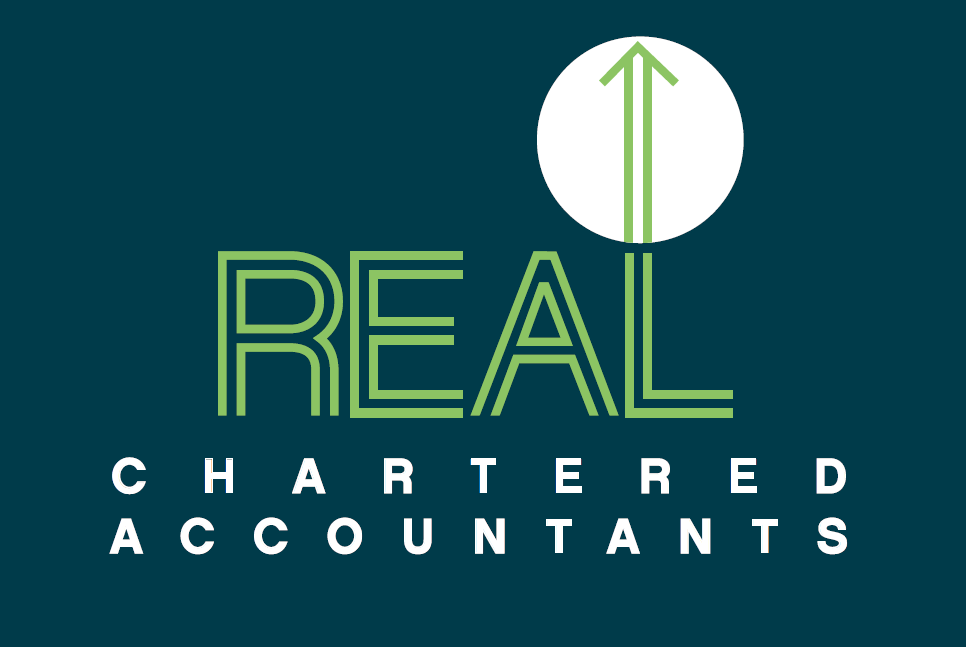NEWS
REAL UPDATE: Trust Act Changes

It is estimated that there are between 300,000-500,000 Trusts in New Zealand. Recently, there have been alarming headlines regarding changes to the new Trust Act and you may be asking yourself, should I be worried? The short answer is no.
But now is the time to make sure that the purpose of your Trust is still relevant, dust off the Trust Deed and have a read – are the beneficiaries of the Trust who you thought they were? Is your Trust being operated correctly? Are the Trustees aware of their obligations, do you know what the Trust owns?
For the most part the reasons for setting up your Trust are still relevant. These may include asset protection, protection against professional liability claims, tax advantages (in certain circumstances), reducing the chance of relationship property claims and providing for your family after you’re gone. In years gone by, Trusts were a popular option to move assets away from yourself so that you would be eligible for rest home subsidies. However, a Trust will no longer work for this purpose.
The major changes in the Trust Act are as follows:
- The age of majority is now 18 instead of 20
- The maximum life of a non-charitable trust is 125 years instead of 80
- Trustees have mandatory and default duties
- Trustees must keep certain documents and retain them – to be fair was always required but was not done – now there is legislation in place to ensure this happens
- Trustees must provide all beneficiaries with basic information relating to the trust
The mandatory duties of Trustees are:
- Duty to know the terms of the trust
- Duty to act in accordance with terms of the trust
- Duty to act honestly and in good faith
- Duty to act for the benefit of beneficiaries or to further permitted purpose of the trust
- A Trustee must hold or deal with Trust property otherwise act for the benefit of the beneficiaries in accordance with the terms of the Trust
- Duty to exercise powers for the proper purpose
The default duties of Trustees are as follows and can be amended in the trust deed:
- General duty of care
- Duty to invest prudently
- Duty not to exercise power for own benefit
- Duty to consider exercise of power
- Duty not to bind of commit trustees to future exercise of discretion
- Duty to avoid conflict of interest
- Duty of impartiality
- Duty not to profit
- Duty to act for no reward
- Duty to act unanimously
We are aware that many trustees are worried about providing all beneficiaries with basic information relating to the trust. The information that will need to be provided to the beneficiary are:
- Notification that they are a beneficiary of the trust
- The name and contact details of the trustees
- When Trustees are appointed, retired, or removed
- The right of the beneficiary to request a copy of the terms of the trust of or trust information – this could include requesting to see the financial statements on an ongoing basis.
So, is the response to the new Trust Act to wind up your trust? Not necessarily!
However, you do need to review your Trust and perhaps make some minor changes to future proof your Trust. There are still relevant reasons for having and maintaining your Trust. The reasons for setting up your trust in the first place may no longer apply and in that case perhaps winding up your trust is the way forward.
Please review your Trust Deed and make an appointment to see your lawyer or accountant to discuss whether your Trust is appropriate, if changes need to be made or winding up your Trust is required.
Disclaimer
This information is intended to provide general advice only. We recommend you discuss your specific situation with your Accountant.









